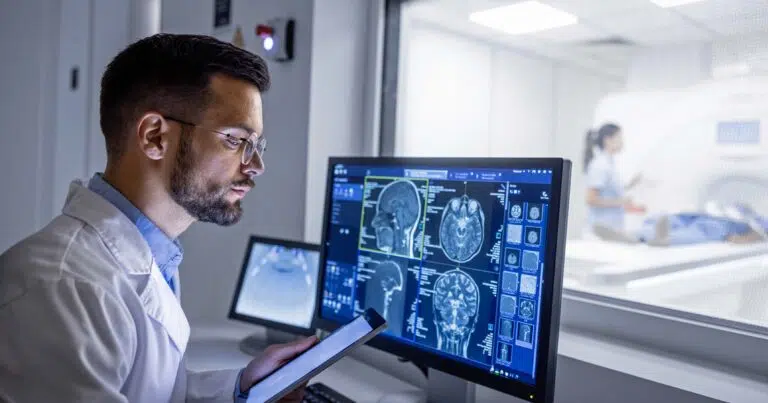Sterile Processing Technician Career Guide
Looking for a different career guide?
Overview
A Sterile Processing Technician plays a crucial role in maintaining a safe and sterile environment within healthcare facilities, ensuring that medical instruments and equipment are properly cleaned, disinfected and sterilized. They contribute to patient safety by preventing infections and facilitating smooth surgical procedures.
Essential Job Functions:
Sterile Processing Technicians are responsible for cleaning and decontaminating medical instruments, assembling instrument trays
Education
To become a Sterile Processing Technician, a high school diploma or equivalent is typically required. Many aspiring technicians pursue a certificate or diploma program in sterile processing, which can be completed in a matter of months. These programs provide essential training in sterilization techniques, infection control and equipment handling.
Qualifications

Skills
Staff and Travel Sterile Processing Technicians need a strong understanding of infection control principles, proper handling of medical equipment and various sterilization methods. Attention to detail, organizational skills and the ability to work efficiently are essential. Technicians must also have good communication skills to collaborate with other healthcare professionals.
Responsibilities
The primary responsibility of a Sterile Processing Technician is to ensure that all medical instruments and equipment are properly cleaned, sterilized and ready for use. They inspect, assemble and package instruments, track sterilization cycles and manage inventory. Sterile Processing Technicians also play a role in maintaining a sterile environment in operating rooms and other healthcare settings.
Salary Insights
The average salary for a Sterile Processing Technician is $1,569.19 per week.
Last updated on January 14, 2025. Based on active jobs on Vivian.com.
Pros & Cons
Becoming a Sterile Processing Technician offers several advantages, including a relatively short educational path, a critical role in patient safety and opportunities to work in various healthcare settings such as hospitals, clinics and surgical centers. It can also serve as a stepping stone to other healthcare careers.
However, the role also has its challenges. Sterile Processing Technicians may work under time
Some of the content on this page was enhanced using artificial intelligence.
Join over 1 million healthcare workers that are getting a head start with Vivian.
Join Vivian





